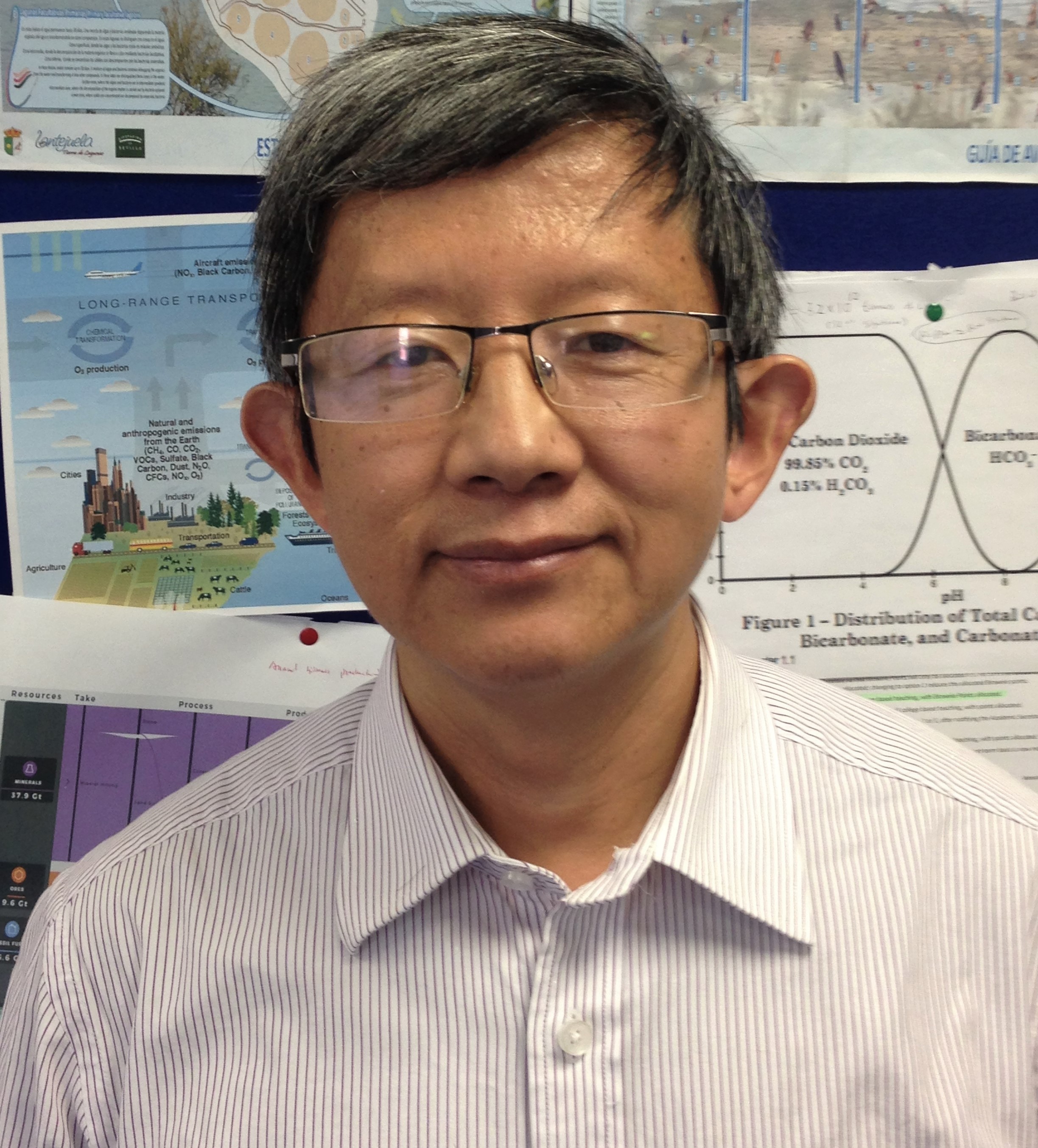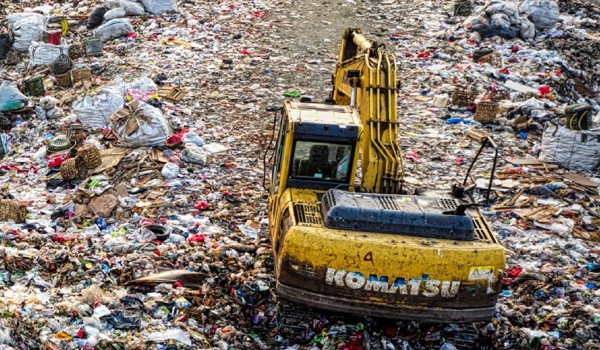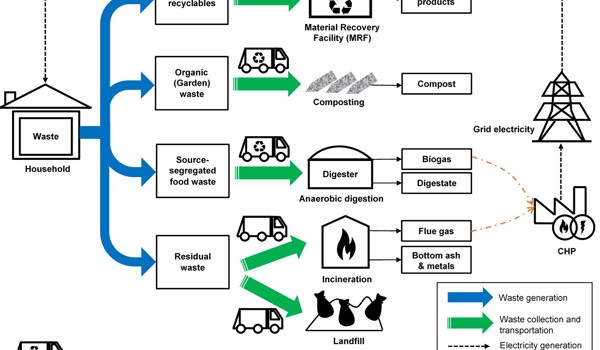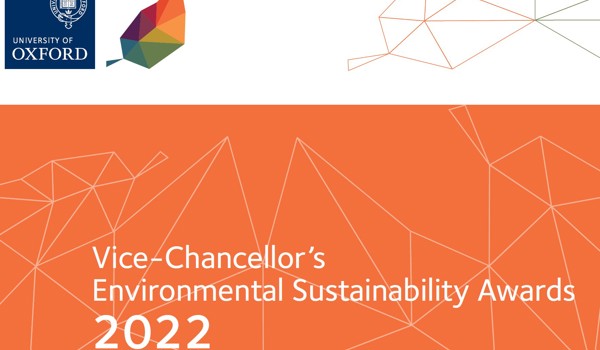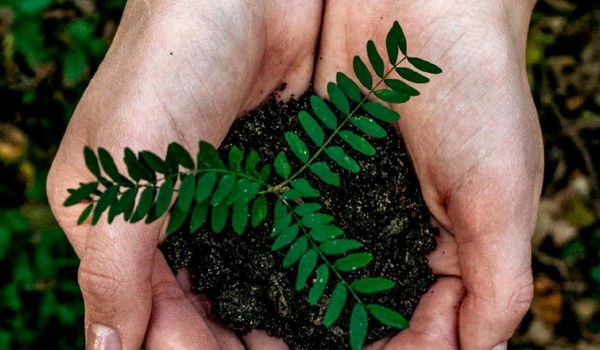30 Oct 2022
A system model for waste management planning in England
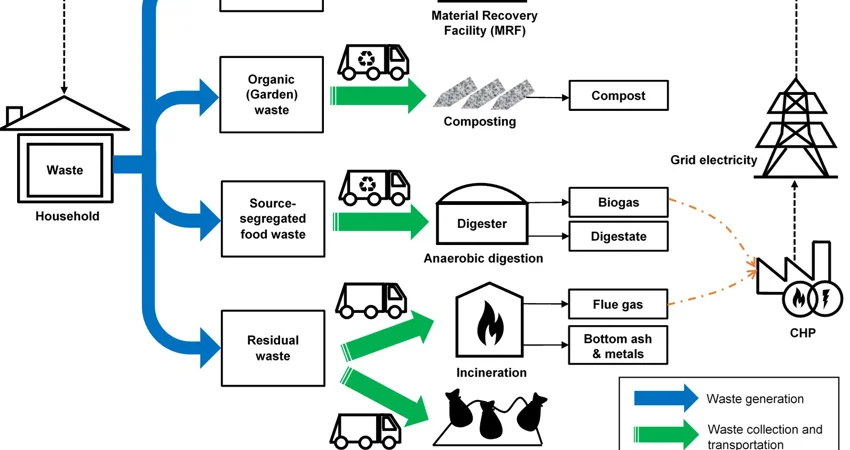
A sustainable waste management model for England is urgently needed to improve resource efficiency and divert waste from landfills. Dr Kok Siew Ng (Brunel/Oxford) and Prof Aidong Yang (Oxford) have proposed a comprehensive system model using stock-and-flow diagram to examine the current waste management performance and project the future waste generation, treatment and disposal scenarios in England. This paper entitled 'Development of a system model to predict flows and performance of regional waste management planning: A case study of England' has been published in the Journal of Environmental Management.
Summary
Significant loss of valuable resources and increasing burdens on landfills are often associated with a lack of proper planning in waste management and resource recovery strategy. A sustainable waste management model is thus urgently needed to improve resource efficiency and divert more waste from landfills. This paper proposes a comprehensive system model using stock-and-flow diagram to examine the current waste management performance and project the future waste generation, treatment and disposal scenarios, using England as a case study. The model comprises three integrated modules to represent household waste generation and collection; waste treatment and disposal; and energy recovery. A detailed mass and energy balance has been established and waste management performance has been evaluated using six upstream and downstream indicators. The base case scenario that assumes constant waste composition shows that waste to landfills can be reduced to less than 10% of the total amount, by 2035. However, it entails greater diversion of waste to energy-from-waste facilities, which is not sustainable and would incur higher capital investment and gate fees. Alternative case scenarios that promote recycling instead of energy recovery result in lower capital investment and gate fees. Complete elimination of the food and organic fraction from the residual waste stream will help meet the 65% recycling target by 2035. In light of the need for achieving a more circular economy in England, enhancing material recovery through reuse and recycling, reducing reliance on energy-from-waste and deploying more advanced waste valorisation technologies should be considered in future policy and planning for waste management.
Recommendations
The following recommendations are made for the future waste management authorities to consider:
- Reducing future reliance on Energy-from-waste (EfW);
- Reconsidering the key metric to guide policy and practice;
- Advancing the management of food and organic waste; and
- Promoting circular economy through advanced resource recovery systems.
The SYNERGORS Project
The SYNERGORS project (“A systems approach to synergistic utilisation of secondary organic streams”), funded by the Natural Environment Research Council (NERC), is led by Dr Kok Siew Ng from the Department of Engineering Science, University of Oxford. This project aims to develop new systems approaches and decision-making tools for promoting resource recovery from secondary organic waste streams including fossil- (e.g. used plastics) and biomass-derived waste (e.g. food waste, residual biomass).
SYNERGORS will provide significant insights into various options for organic waste reduction and utilisation, and propose viable business models to attract stakeholders in the commercial sectors to invest in these areas. Furthermore, the research will address various socio-environmental challenges faced by human and living communities, the rising global demands in energy and commodities, and lessening burdens on the landfill, water and atmosphere.
It is envisaged that the outcomes from this project (e.g. decision-making tool and roadmap) can be adopted in the UK and other developing countries in improving the policies and practices in relation to organic waste management. The objectives of the project are well aligned with the UK Industrial Strategy in enhancing resource efficiency while achieving a sustainable industrial growth and a more resilient economy. The project has received support from a number of UK and international organisations (academia, industry and government), providing multidisciplinary expertise to address the global challenges in waste management.

Acknowledgement
This work was supported by the Natural Environment Research Council (NE/R012938/1) through the UKRI/NERC Industrial Innovation Fellowship Programme.
Further information
Please contact Dr Kok Siew Ng (kok.ng@eng.ox.ac.uk) if you are interested in learning more about the project.


